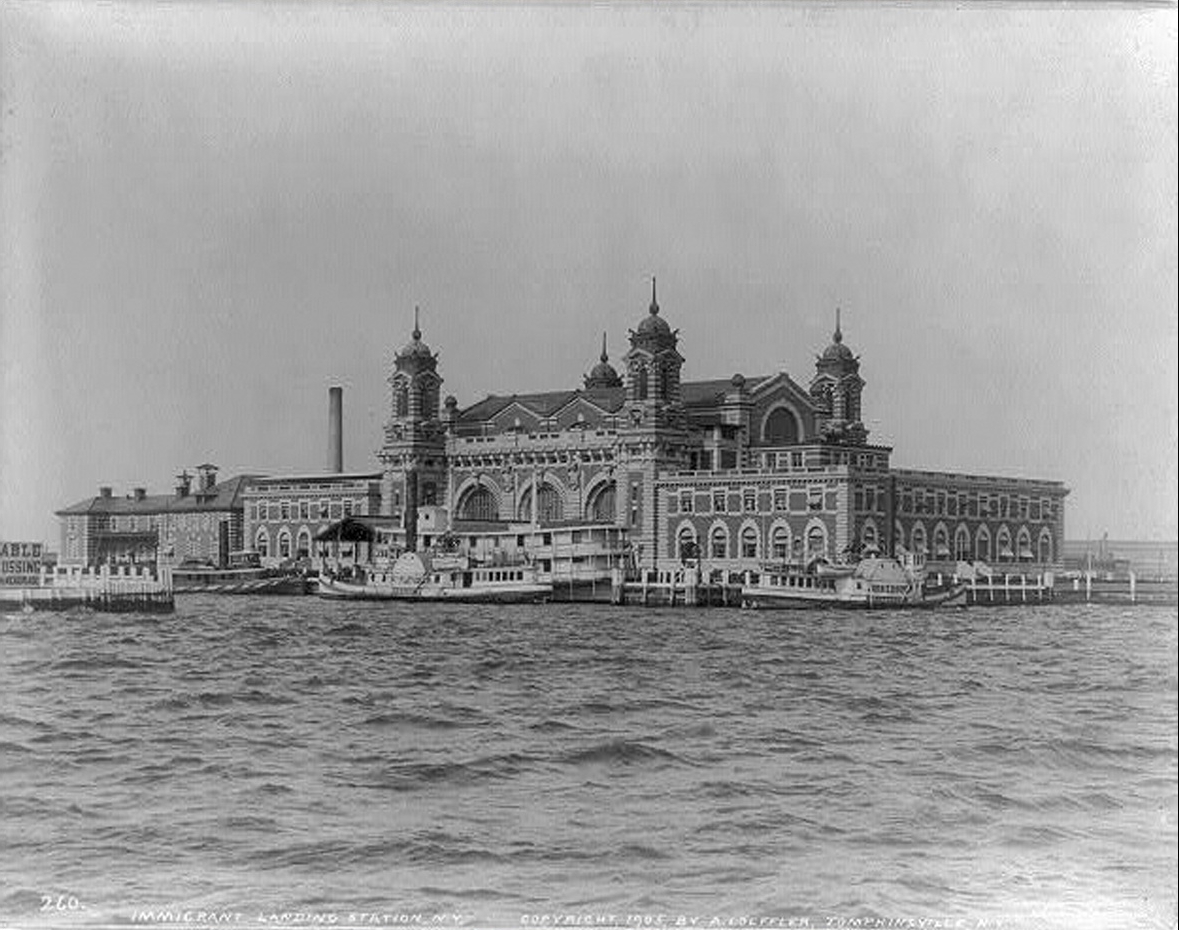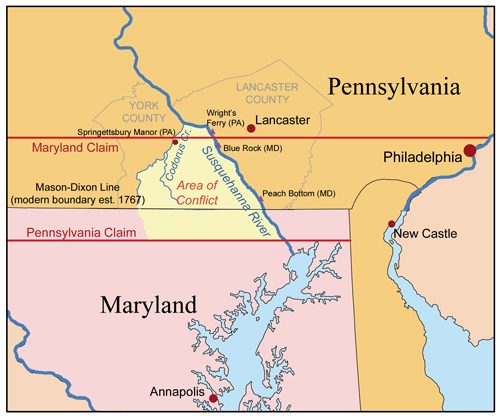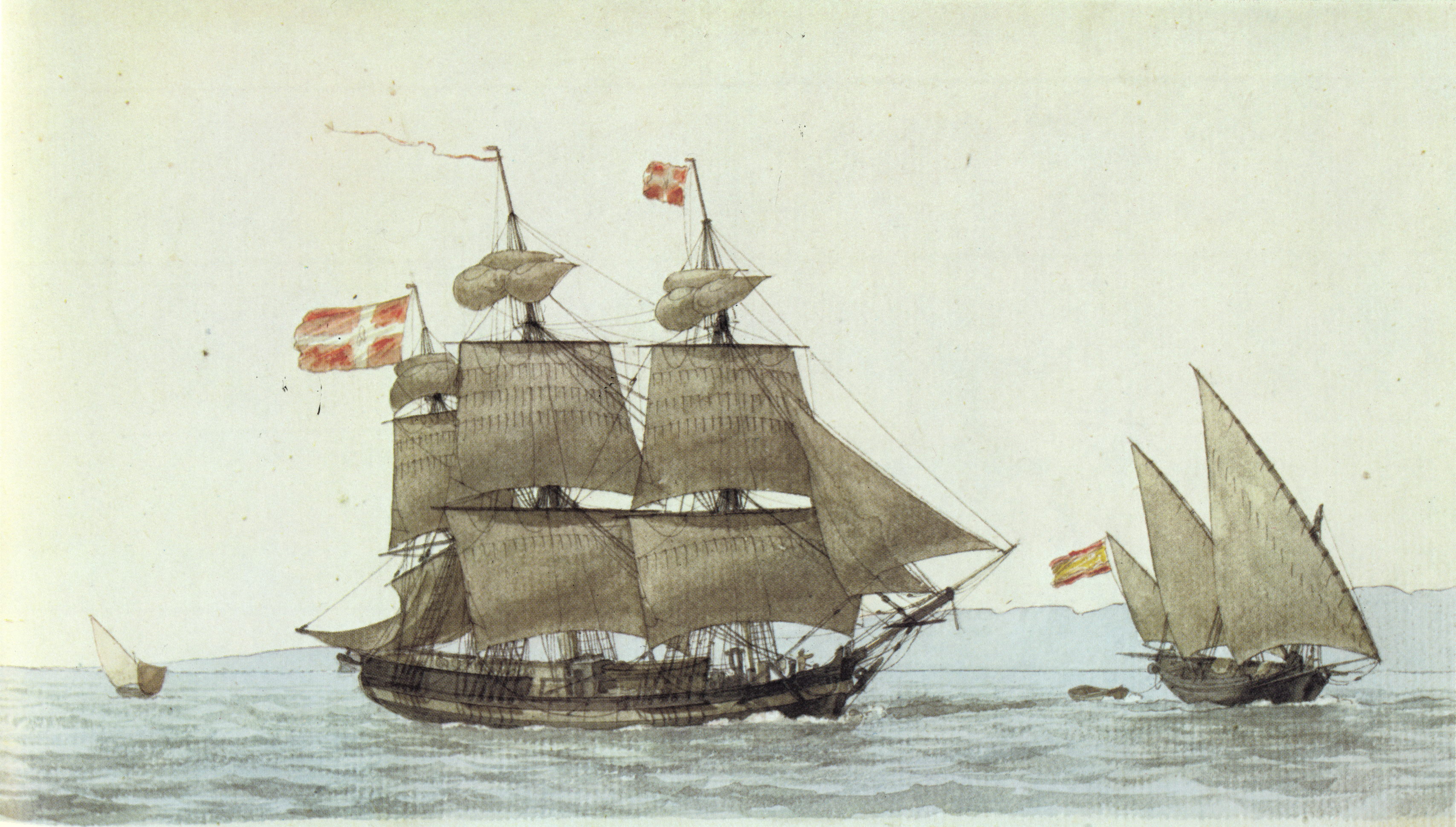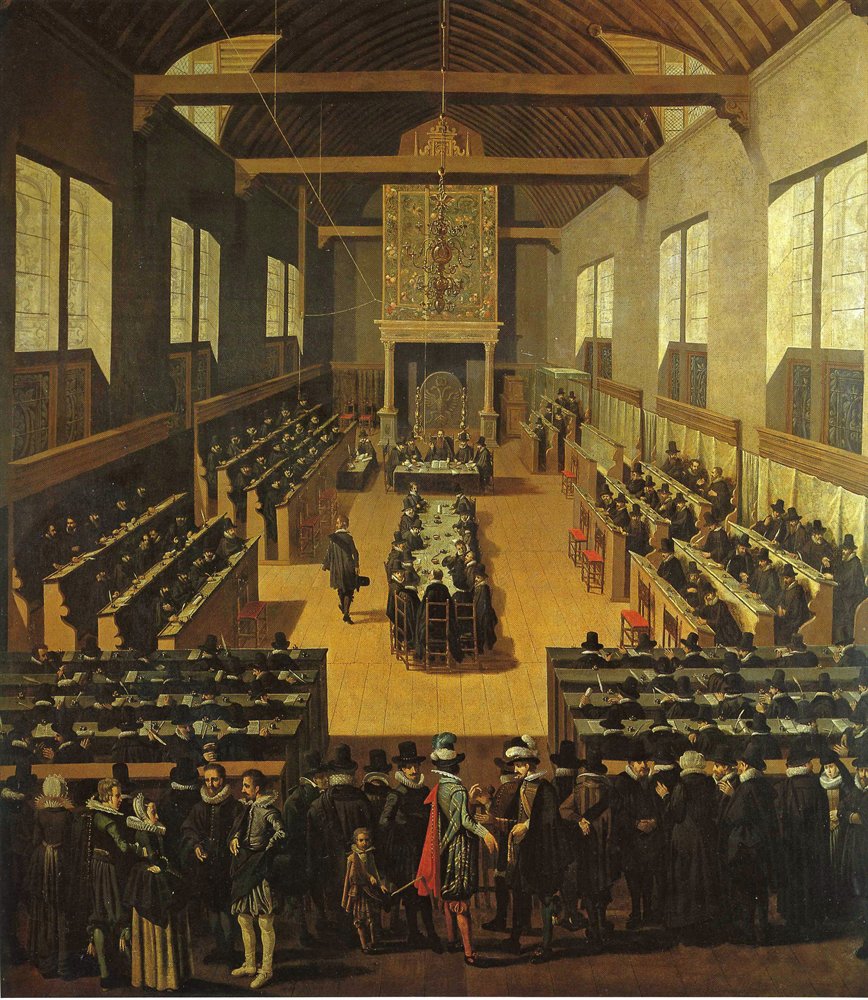|
Bushong
Bushong is a surname found mostly in the United States, derived from the surname Boschung found mainly in Switzerland, but also in the Palatinate and other regions in Western Europe. Surname history The American surname, ''Bushong'' and variant ''Bushon'', prior to being ''anglicized'', was the German-Swiss name, ''Boschung''. The spelling was changed after immigration to Colonial America. The immigrants, Hans and Johann Nicholas both arrived as Boschung, Hans in 1731 and Johann Nicholas in 1732. The original ships manifests and transcriptions list them as Boschung, but the spelling was changed in their American lives.A Collection of Upwards of Thirty Thousand Names of German, Swiss, Dutch, French and Other Immigrants in Penn ... [...More Info...] [...Related Items...] OR: [Wikipedia] [Google] [Baidu] |
Switzerland
). Swiss law does not designate a ''capital'' as such, but the federal parliament and government are installed in Bern, while other federal institutions, such as the federal courts, are in other cities (Bellinzona, Lausanne, Luzern, Neuchâtel, St. Gallen a.o.). , coordinates = , largest_city = Zürich , official_languages = , englishmotto = "One for all, all for one" , religion_year = 2020 , religion_ref = , religion = , demonym = , german: Schweizer/Schweizerin, french: Suisse/Suissesse, it, svizzero/svizzera or , rm, Svizzer/Svizra , government_type = Federalism, Federal assembly-independent Directorial system, directorial republic with elements of a direct democracy , leader_title1 = Federal Council (Switzerland), Federal Council , leader_name1 = , leader_title2 = , leader_name2 = Walter Thurnherr , legislature = Fe ... [...More Info...] [...Related Items...] OR: [Wikipedia] [Google] [Baidu] |
Jaun
Jaun (french: Bellegarde; frp, Bèlagouàrda ) is a municipality in the district of Gruyère in the canton of Fribourg in Switzerland. It is the only German-speaking municipality in Gruyère. History Jaun is first mentioned in 1228 as ''Balavarda''. In 1397 it was mentioned as ''Youn''. Geography Jaun has an area, , of . Of this area, or 42.5% is used for agricultural purposes, while or 38.9% is forested. Of the rest of the land, or 1.7% is settled (buildings or roads), or 0.8% is either rivers or lakes and or 16.1% is unproductive land.Swiss Federal Statistical Office-Land Use Statistics 2009 data accessed 25 March 2010 Of the built up area, housing and buildings made up 0.5% and transportation infrastructure made up 1.0%. Out of the for ... [...More Info...] [...Related Items...] OR: [Wikipedia] [Google] [Baidu] |
Ellis Island In 1905
Ellis is a surname of Welsh and English origin. Retrieved 21 January 2014 An independent French origin of the surname is said to derive from the phrase fleur-de-lis. Surname A *Abe Ellis (Stargate), a fictional character in the TV series ''Stargate Atlantis'' *Adam Ellis (born 1996), British speedway rider * Adrienne Ellis (born 1944), American-Canadian actress *Albert Ellis (other), multiple people * Alexander Ellis (other), multiple people * Allan Ellis (other) *Alton Ellis (1938–2008), Jamaican musician * Andrew Ellis (other), multiple people * Anita Ellis (other), multiple people *Annette Ellis (born 1946), Australian politician *Arthur Ellis (other), multiple people *Atom Ellis (born 1966), American musician *Aunjanue Ellis (born 1969), American actress B *Ben Ellis (other), multiple people * Bill Ellis (1919–2007), English cricketer *Boaz Ellis (born 1981), Israeli fencer *Bob Ellis (born 1942), Australian ... [...More Info...] [...Related Items...] OR: [Wikipedia] [Google] [Baidu] |
Reformed Churches
Calvinism (also called the Reformed Tradition, Reformed Protestantism, Reformed Christianity, or simply Reformed) is a major branch of Protestantism that follows the Christian theology, theological tradition and forms of Christianity, Christian practice set down by John Calvin and other The Reformation, Reformation-era Protestant Reformers, theologians. It emphasizes the Sovereignty of God in Christianity, sovereignty of God and the Biblical authority, authority of the Bible. Calvinists broke from the Catholic Church, Roman Catholic Church in the 16th century. Calvinists differ from Lutheranism, Lutherans (another major branch of the Reformation) on the Lord's Supper in Reformed theology, spiritual real presence of Christ in the Lord's Supper, regulative principle of worship, theories of worship, the purpose and meaning of baptism, and the Law and Gospel#Lutheran and Reformed differences, use of God's law for believers, among other points. The label ''Calvinism'' can be misle ... [...More Info...] [...Related Items...] OR: [Wikipedia] [Google] [Baidu] |
Pennsylvania
Pennsylvania (; ( Pennsylvania Dutch: )), officially the Commonwealth of Pennsylvania, is a state spanning the Mid-Atlantic, Northeastern, Appalachian, and Great Lakes regions of the United States. It borders Delaware to its southeast, Maryland to its south, West Virginia to its southwest, Ohio to its west, Lake Erie and the Canadian province of Ontario to its northwest, New York to its north, and the Delaware River and New Jersey to its east. Pennsylvania is the fifth-most populous state in the nation with over 13 million residents as of 2020. It is the 33rd-largest state by area and ranks ninth among all states in population density. The southeastern Delaware Valley metropolitan area comprises and surrounds Philadelphia, the state's largest and nation's sixth most populous city. Another 2.37 million reside in Greater Pittsburgh in the southwest, centered around Pittsburgh, the state's second-largest and Western Pennsylvania's largest city. The state's su ... [...More Info...] [...Related Items...] OR: [Wikipedia] [Google] [Baidu] |
Lancaster County, Pennsylvania
Lancaster County (; Pennsylvania Dutch: Lengeschder Kaundi), sometimes nicknamed the Garden Spot of America or Pennsylvania Dutch Country, is a county in the Commonwealth of Pennsylvania. It is located in the south central part of Pennsylvania. As of the 2020 census, the population was 552,984. Its county seat is Lancaster. Lancaster County comprises the Lancaster, Pennsylvania metropolitan statistical area. Lancaster County is a tourist destination with its Amish community a major attraction. Contrary to popular belief, the word "Dutch" in "Pennsylvania Dutch" is not a mistranslation, but rather a corruption of the Pennsylvania German endonym ''Deitsch'', which means "Pennsylvania Dutch / German" or "German". Ultimately, the terms Deitsch, Dutch, Diets, and Deutsch are all cognates of the Proto-Germanic word meaning "popular" or "of the people". The continued use of "Dutch" instead of "German" was strengthened by the Pennsylvania Dutch in the 19th century as a way of distin ... [...More Info...] [...Related Items...] OR: [Wikipedia] [Google] [Baidu] |
Pink (ship)
A pink (french: pinque) is a sailing ship with a very narrow stern. The term was applied to two different types of ship. The first was a small, flat-bottomed ship with a narrow stern; the name derived from the Italian word . It was used primarily in the Mediterranean Sea as a cargo ship. In the Atlantic Ocean the word pink was used to describe any small ship with a narrow stern, having derived from the Dutch word meaning pinched. They had a large cargo capacity, and were generally square rigged. Their flat bottoms (and resulting shallow draught) made them more useful in shallow waters than some similar classes of ship. They were most often used for short-range missions in protected channels, as both merchantmen and warships. A number saw service in the English Navy during the second half of the 17th century. In the 1730s pinks were used in cross-Atlantic voyages to bring Palatinate immigrants to America. This model of ship was often used in the Mediterranean because it coul ... [...More Info...] [...Related Items...] OR: [Wikipedia] [Google] [Baidu] |
Synod Of Dort
The Synod of Dort (also known as the Synod of Dordt or the Synod of Dordrecht) was an international Synod held in Dordrecht in 1618–1619, by the Dutch Reformed Church, to settle a divisive controversy caused by the rise of Arminianism. The first meeting was on 13 November 1618 and the final meeting, the 180th, was on 29 May 1619. Voting representatives from eight foreign Reformed churches were also invited. ''Dort'' was a contemporary Dutch term for the town of ''Dordrecht'' (and it remains the local colloquial pronunciation). In 2014, the first entire critical edition of the Acts and Documents of the Synod was published. Background There had been previous provincial synods of Dort, and a National Synod in 1578. For that reason the 1618 meeting is sometimes called the ''Second Synod of Dort''. The acts of the Synod were tied to political intrigues that arose during the Twelve Years' Truce, a pause in the Dutch war with Spain. After the death of Jacob Arminius his followers ... [...More Info...] [...Related Items...] OR: [Wikipedia] [Google] [Baidu] |
Swiss Reformed Church
The Protestant Church in Switzerland (PCS), (EKS); french: Église évangélique réformée de Suisse (EERS); it, Chiesa evangelica riformata in Svizzera (CERiS); rm, Baselgia evangelica refurmada da la Svizra (BRRS) formerly named Federation of Swiss Protestant Churches (SEK); french: Fédération des Eglises protestantes de Suisse (FEPS); it, Federazione delle Chiese evangeliche della Svizzera; rm, Federaziun da las baselgias evangelicas da la Svizra until 31 December 2019, is a federation of 25 member churches – 24 cantonal churches and the Evangelical-Methodist Church of Switzerland. The PCS is not a church in a theological understanding, because every member is independent with their own theological and formal organisation. It serves as a legal umbrella before the federal government and represents the church in international relations. Except for the Evangelical-Methodist Church, which covers all of Switzerland, the member churches are restricted to a certain territory ... [...More Info...] [...Related Items...] OR: [Wikipedia] [Google] [Baidu] |
Protestantism
Protestantism is a branch of Christianity that follows the theological tenets of the Protestant Reformation, a movement that began seeking to reform the Catholic Church from within in the 16th century against what its followers perceived to be growing errors, abuses, and discrepancies within it. Protestantism emphasizes the Christian believer's justification by God in faith alone (') rather than by a combination of faith with good works as in Catholicism; the teaching that salvation comes by divine grace or "unmerited favor" only ('); the priesthood of all faithful believers in the Church; and the ''sola scriptura'' ("scripture alone") that posits the Bible as the sole infallible source of authority for Christian faith and practice. Most Protestants, with the exception of Anglo-Papalism, reject the Catholic doctrine of papal supremacy, but disagree among themselves regarding the number of sacraments, the real presence of Christ in the Eucharist, and matters of ecclesiast ... [...More Info...] [...Related Items...] OR: [Wikipedia] [Google] [Baidu] |
Bernese German
Bernese German ( Standard German: ''Berndeutsch'', gsw, Bärndütsch) is the dialect of High Alemannic German spoken in the Swiss plateau (Mittelland) part of the canton of Bern and in some neighbouring regions. A form of Bernese German is spoken by the Swiss Amish affiliation of the Old Order Amish in Adams County, Indiana, United States, as well as and other settlements in the US, primarily in Indiana. Varieties There is a lot of regional variation within Bernese German dialects. However, with the increasing importance of the big agglomeration of Bern, the variety of Bern is spreading out, levelling the old village dialects. Until the second half of the 20th century, there was a considerable range of sociolects in the city of Bern where four different groups could be distinguished: *The patrician Bernese German of the high society. It has neither l-vocalisation nor nd-velarisation, it does not employ the alveolar trill but the French uvular trill, and it has more French ... [...More Info...] [...Related Items...] OR: [Wikipedia] [Google] [Baidu] |
High Alemannic
High Alemannic is a dialect of Alemannic German spoken in the westernmost Austrian state of Vorarlberg and in Switzerland and Liechtenstein. Language area The High Alemannic dialects are spoken in Liechtenstein and in most of German-speaking Switzerland (Swiss Plateau), except for the Highest Alemannic dialects in the Swiss Alps and for the Low Alemannic (Basel German) dialect in the North West. Therefore, High Alemannic must not be confused with the term "Swiss German", which refers to all Alemannic dialects of Switzerland as opposed to Swiss variant of Standard German, the literary language of diglossic German-speaking Switzerland. In Germany, High Alemannic dialects are spoken in Southern Baden-Württemberg, i.e. the Markgräflerland and in the adjacent area south of Freiburg im Breisgau up to the Black Forest ( Schönau). It is also spoken in the southern Sundgau region beyond the Upper Rhine, which is part of Alsace, France. In Vorarlberg in Western Austria, a form of ... [...More Info...] [...Related Items...] OR: [Wikipedia] [Google] [Baidu] |





